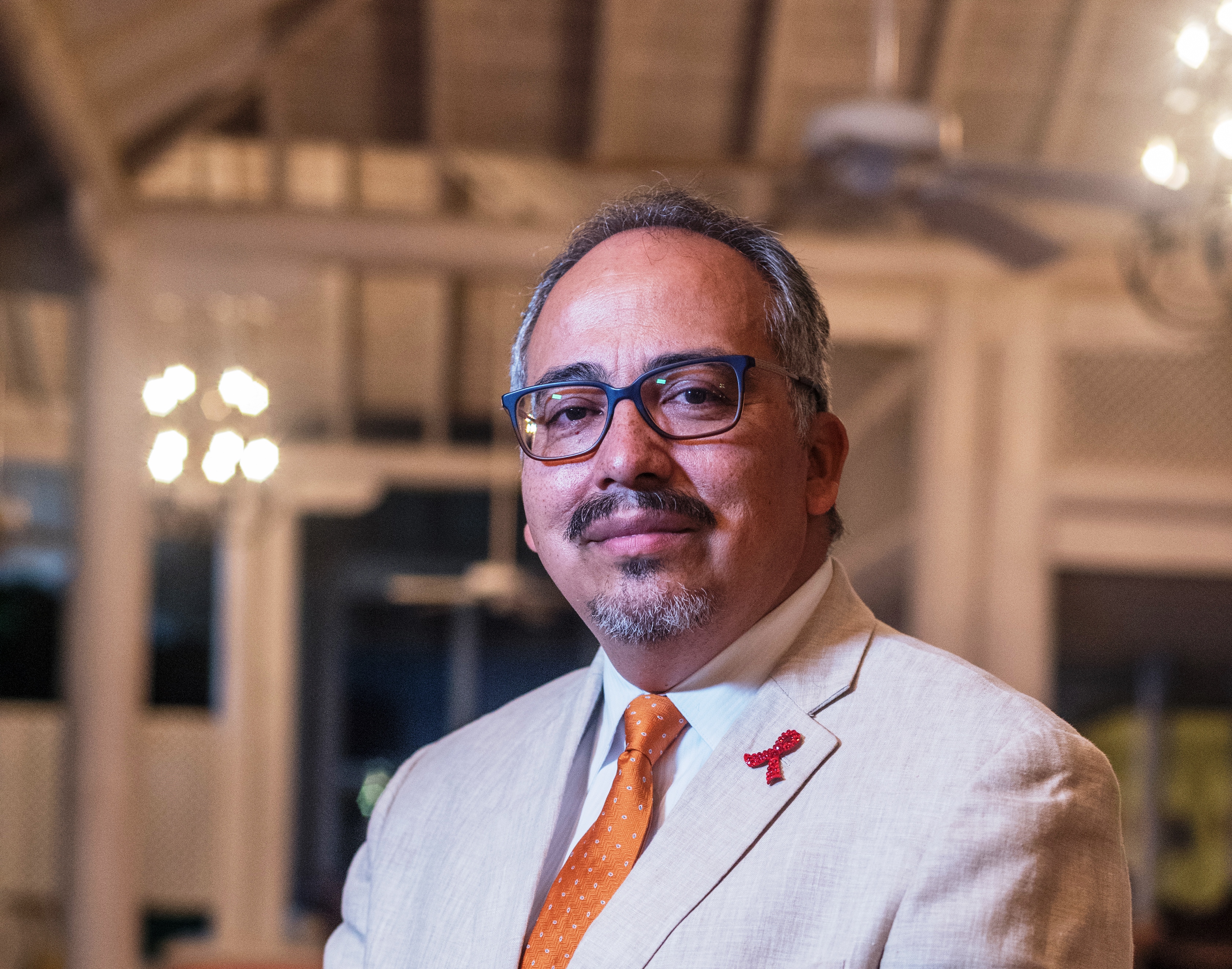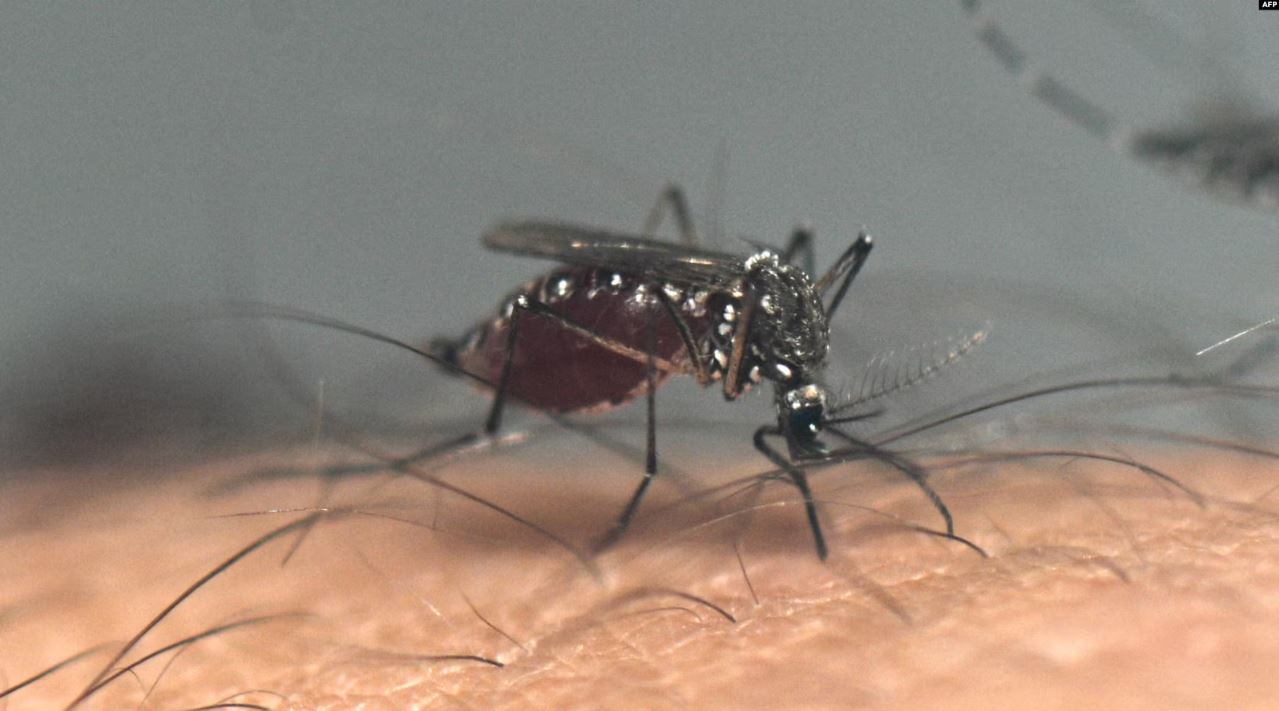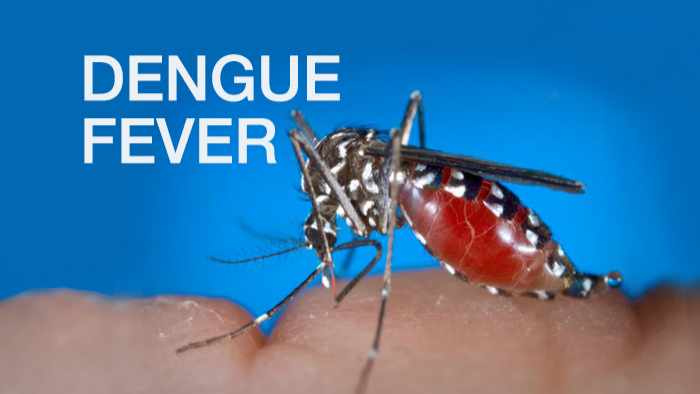Health officials are concerned that efforts to control the spread of HIV/AIDS continue to be undermined by ignorance, fear and exclusion.
Director of the Joint United Nations Programme on HIV/AIDS (UNAIDS) Regional Support Team for Latin America and the Caribbean Cesar Núñez said while he was satisfied that Barbados and other countries in the region were making strides in combating the disease, there were still too many people being left behind.
“Critically, as a high income country, Barbados has made these strides with relatively little international donor funding. In the context of a challenging economic climate, the Government of Barbados has committed to expanding the national AIDS response. That investment has put this island nation on track to end its AIDS epidemic,” Núñez said.
However, he said more work was needed throughout the region to understand “our unique epidemics and respond to the unique needs of vulnerable communities.
“Our challenge is to accelerate progress while ensuring that no one is left behind. Our task is challenging, but not impossible . . . Our reality is that the potential impact of game-changing scientific advances is being undermined by ignorance, fear, shame, prejudice and exclusion,” Núñez told the opening of the Caribbean Cytometry & Analytical Society (CCAS) at the Almond Beach Hotel over the weekend.
During the four-day event, officials are hoping to come up with a number of answers to burning questions, including how to better reach vulnerable groups, how to better wrestle stigma and discrimination, and whether the focus should be shifted from care to cure.
It is estimated that more than half of those living with HIV in the Caribbean are accessing antiretroviral therapy, HIV/AIDS related deaths have more than halved since 2005, and that in 2016 three quarter of those living with HIV who were on treatment in Barbados were virally suppressed.
However, Núñez said there were still some groups that were not being reached because of social injustice.
“We have to uproot stigma and discrimination in our clinics and communities, hospitals and homes. And we must work to ensure that no one is left behind. This includes the young people whose rights to information and services we largely ignore. It includes the men who too often get diagnosed late and the women whose vulnerability is increased by violence or poverty.
“It includes prisoners, migrant populations, people with disabilities, men who have sex with men, people who use drugs, homeless people, sex workers and transgender people – groups we too often forget, disregard or marginalize,” he added, pointing out that in North America and the Caribbean “we still see an extreme of stigma and discrimination in many countries”.
CCAS Chairman Clive Landis said the country was now at “a defining point in the HIV epidemic because we have a functional cure”.
However, Landis said “the problem is we cannot reach people who are infected with HIV to place them on treatment”.
He said there was “a yawning gap” between what HIV experts know and what the public knows and it was therefore impossible for the public to “make rational decisions in such an information vacuum.
“Fundamentally, the public is still terrified of this disease, and see it as a death sentence. We have to challenge such misconceptions and address the rational concerns among the public.
Barbados is hoping to meet the 90:90:90 by 2030 target where 90 percent of people living with HIV know their status, 90 percent of diagnosed people are on treatment and 90 percent of people on treatment are with undetectable viral load.
The university professor said achieving that goal would require the full support of the public. He said it was therefore necessary to “update the public health message, make it more optimistic and more relevant and less obtuse”.
“So we have a choice. We either change our message and explain how treatments as prevention works and why it is so important to reach the 90:90:90 target. Or, we just accept the status quo where fear and stigma rule our hearts and minds, preventing persons from wanting to know their status and blocking them from having the confidence to access the available care,” Landis said.




